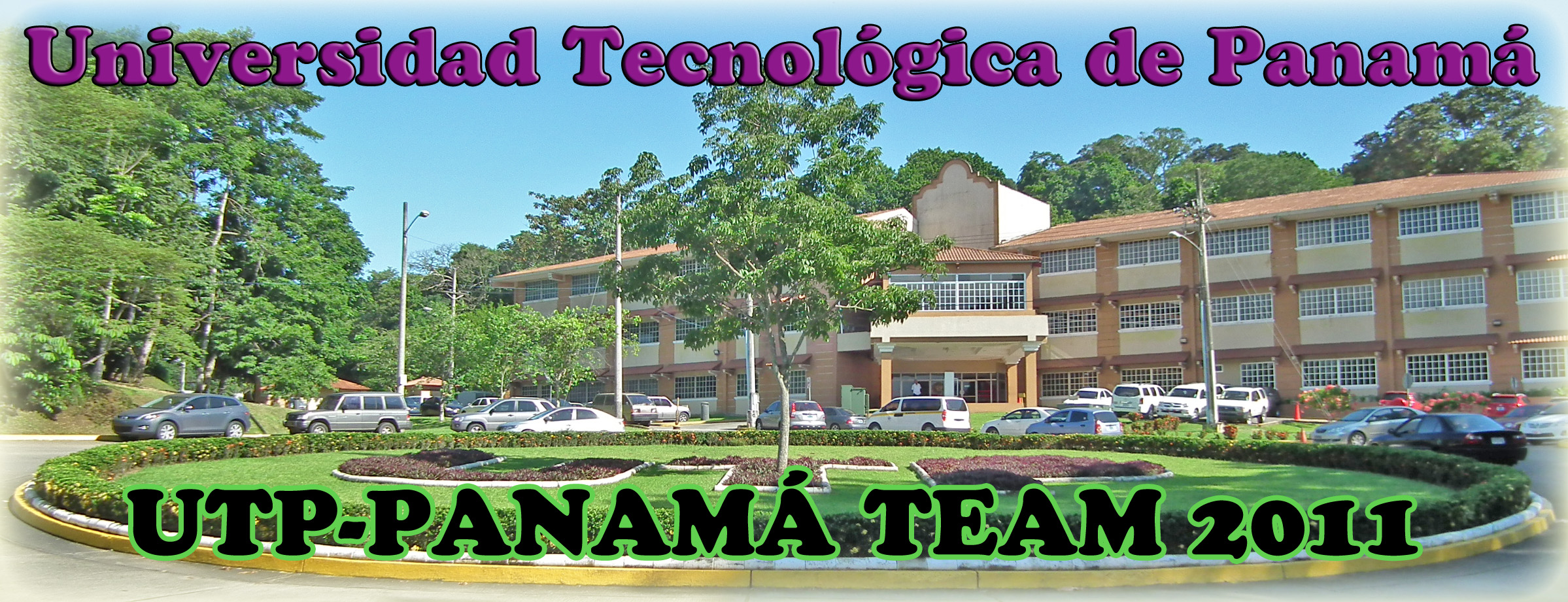Team:UTP-Panama/ Team's Perspective
From 2011.igem.org
Arturo3010 (Talk | contribs) (→I.BACKGROUND) |
Arturo3010 (Talk | contribs) (→I.BACKGROUND) |
||
| Line 13: | Line 13: | ||
== I.BACKGROUND == | == I.BACKGROUND == | ||
| - | We must ask ourselves and think about what is the "Human Practices" and why it is included in the iGEM competition. We know that is common that many students participating | + | We must ask ourselves and think about what is the "Human Practices" and why it is included in the iGEM competition. We know that is common that many students participating on iGEM dont know about this category or appreciation if they are not told about it and possibly they may not include it in their iGEM projects.For instance,many teams do this as a requirement of the contest or outreach activity only, without engaging in a deeper analysis in what may be the "Human Practice." In our search for a human to Practice Project, we had found the need to reflect on, What is Human Practices? And why has to be done?, and we met with some definitions and models developed and planned by SynBerc [1] and by Dr. Paul Ravinov [2], which we present a "Human Practices" broader and deeper than a Outreach. |
Revision as of 22:36, 27 October 2011
|
Home |
Human Practices Home | Human Practices in Science | Outreach | SB UTP 1.0 | SB UTP PROJECT 1.0 |
I.BACKGROUNDWe must ask ourselves and think about what is the "Human Practices" and why it is included in the iGEM competition. We know that is common that many students participating on iGEM dont know about this category or appreciation if they are not told about it and possibly they may not include it in their iGEM projects.For instance,many teams do this as a requirement of the contest or outreach activity only, without engaging in a deeper analysis in what may be the "Human Practice." In our search for a human to Practice Project, we had found the need to reflect on, What is Human Practices? And why has to be done?, and we met with some definitions and models developed and planned by SynBerc [1] and by Dr. Paul Ravinov [2], which we present a "Human Practices" broader and deeper than a Outreach.
We decite to ask to our team members: II. TEAM'S ANSWERSDukakis: "Genetic manipulation has always been a controversial issue, an example is the clonation of the first mammal, Dolly the sheep, which further exacerbated the controversies. Years earlier, was the genetic manipulation of foods to make them resistant to pests and get better features, which began the debate on the necessity and the consequences of this practice. Recently there has appeared a new discipline, Synthetic Biology, and taking into account this background it is important in order to avoid prejudice and misconceptions,deeply assess the impact and implications of this discipline. Moreover, creating awareness in society about the benefits, risks, utilization and impact of Synbio for society in general as well as for science and technology. So I think it has been necessary to include within iGEM "Human Practices" to address the above."
Therefore it is strongly justified to implementing Human Practices because otherwise the applications that are planned to be develop will lack of purpose if they are not intended to improve the human life, animal and our planet. Awareness and a clear assimilation of the concepts of synthetic biology is the primary objective of Human Practices aspects in all iGEM competition projects."
The most common example is the production of food: making plants resistant to pests, more profitable or more nutritious. In the medicine is also used to produce new drugs and therapies that help to save lives. At the same time human practice also motivate researchers to develop useful projects for humanity. Who does not want to go down in history as the one who changed all the mankind for the good?"
- To achieve that orientation we need to know what we do.
III. CONCLUSIONReferences[1] Human Practices, Synthetic Biology Research Engineering Center. http://calfuel.org/humanpractices.html [2] FUNDAMENTAL HUMAN PRACTICES, Ravinov Lab. Openwetware. http://openwetware.org/wiki/Rabinow_lab |
 "
"

